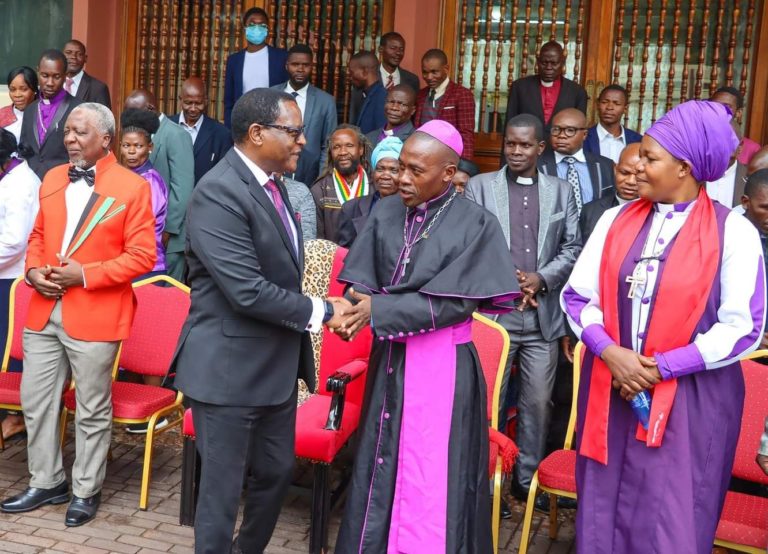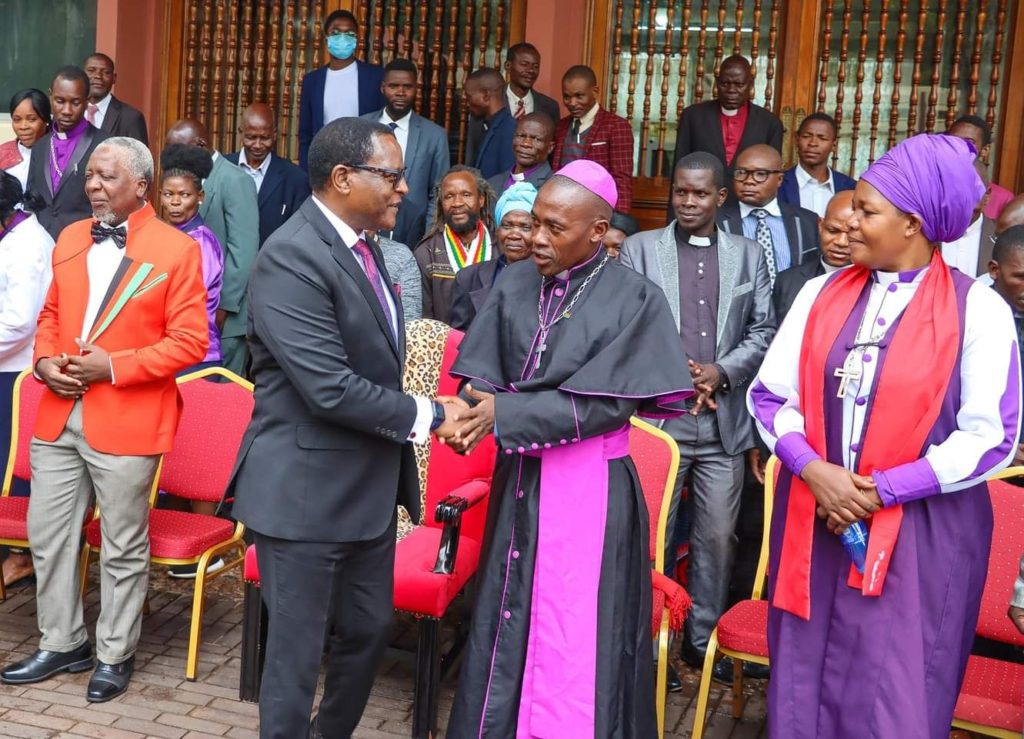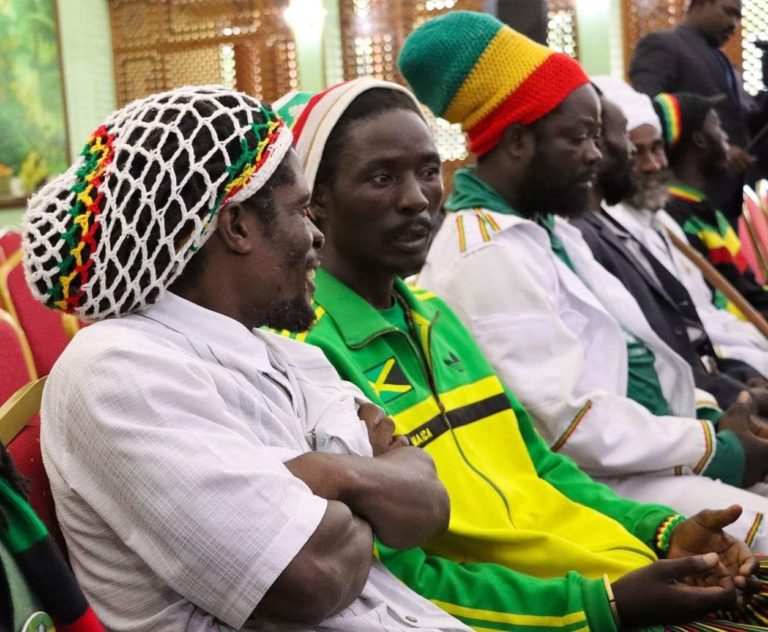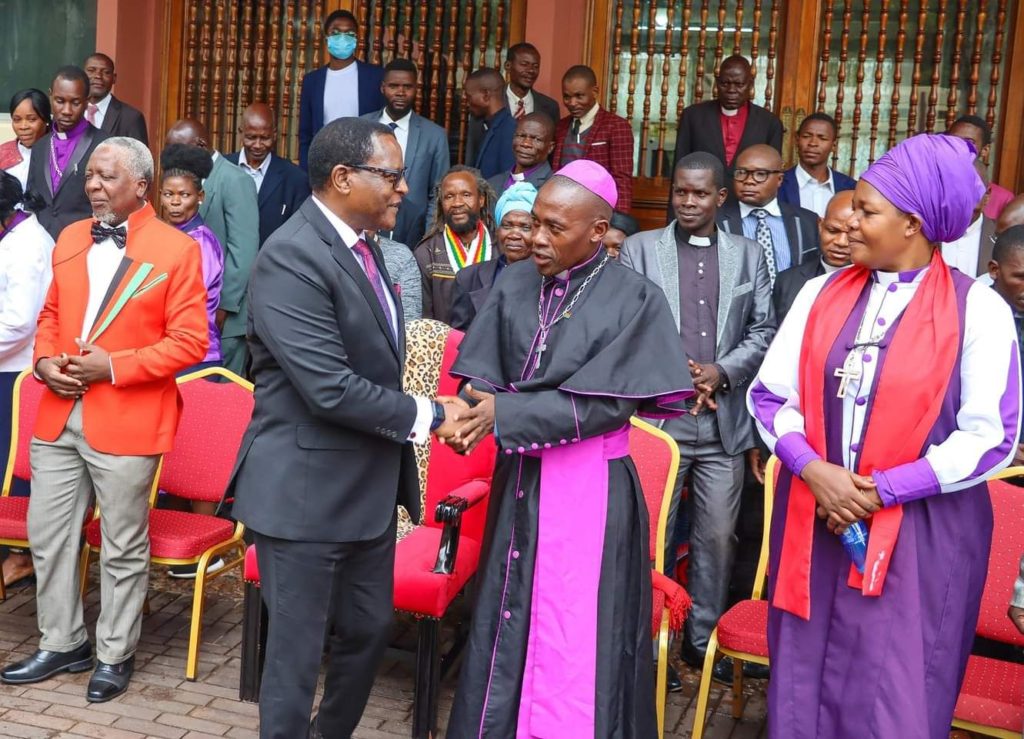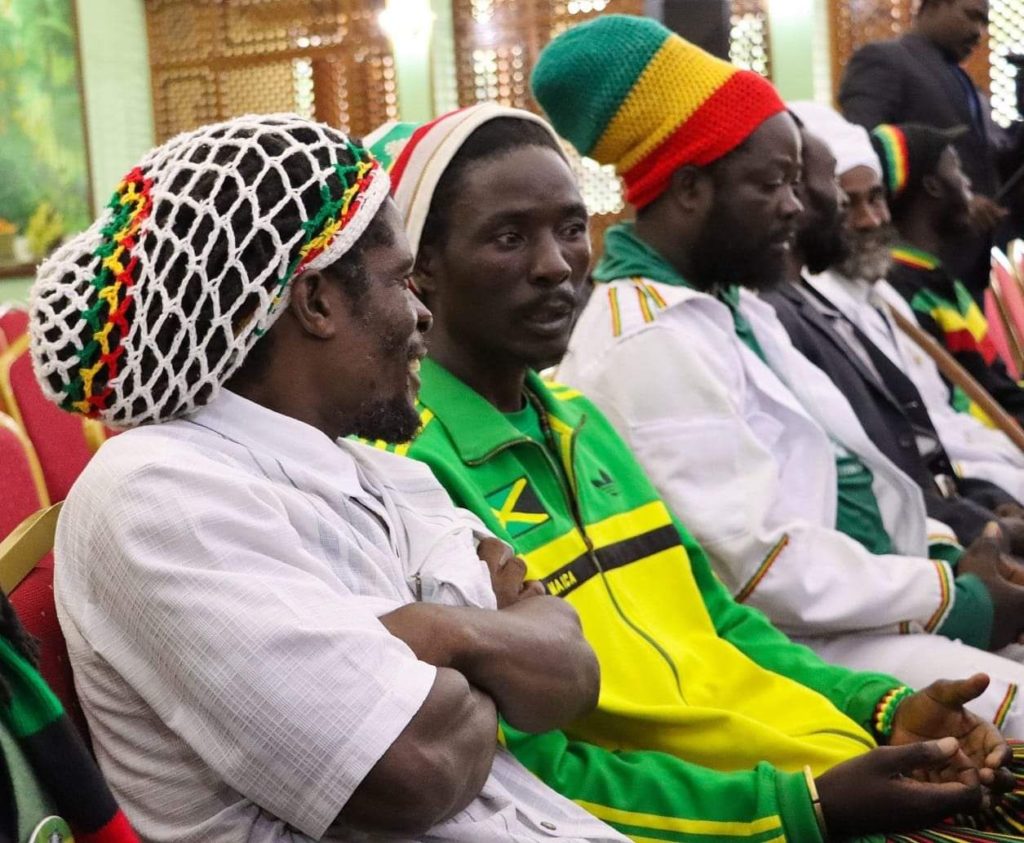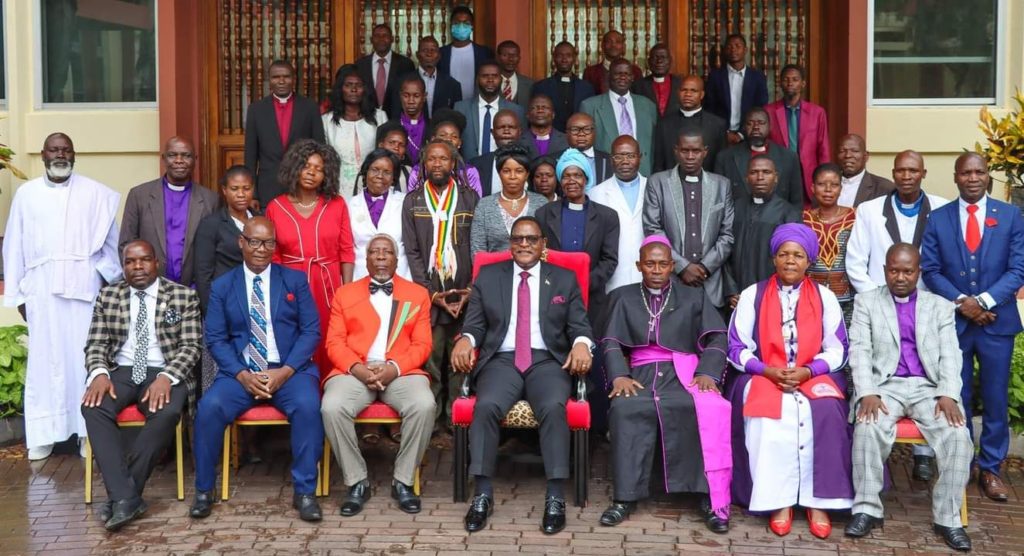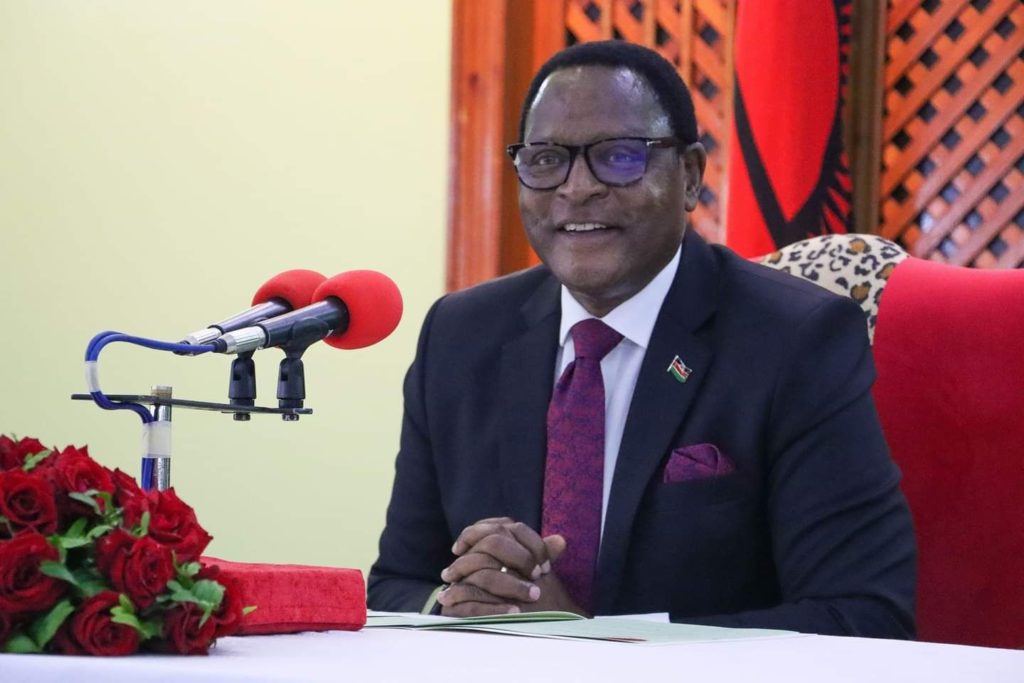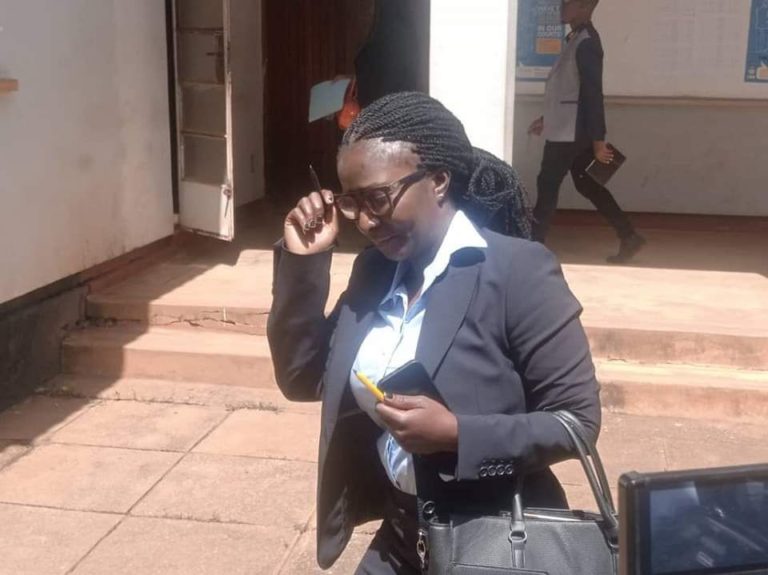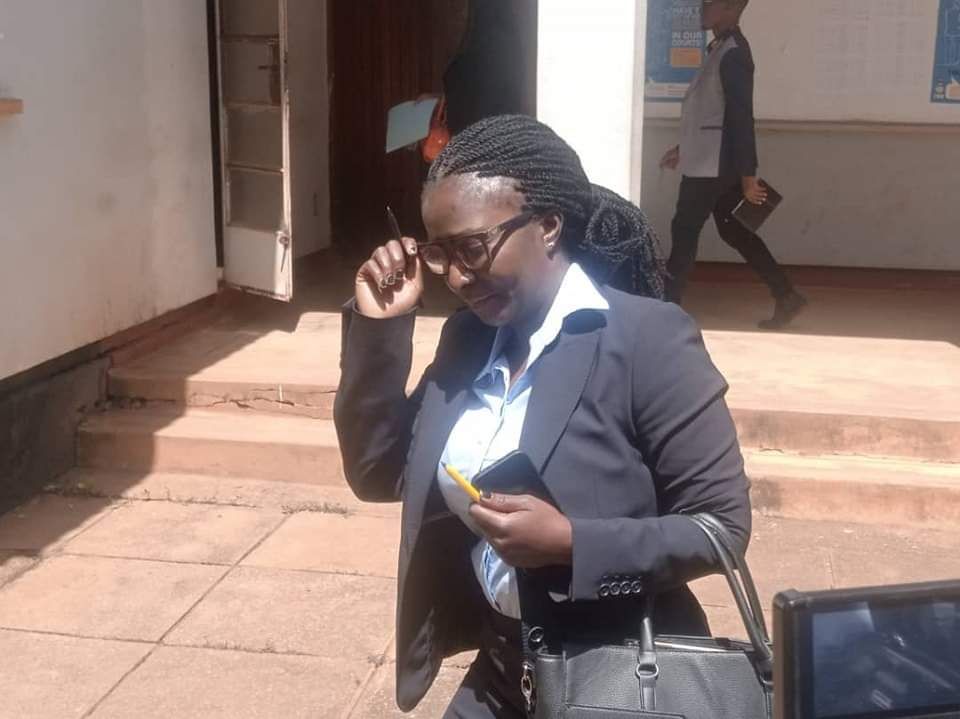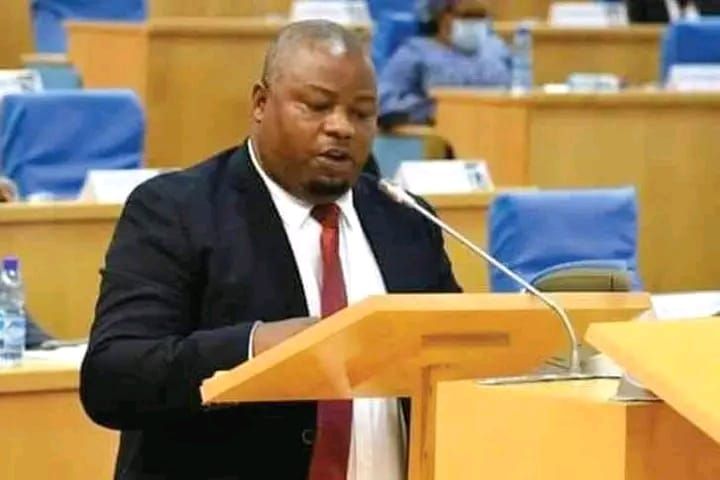By Twink Jones Gadama
In a groundbreaking operation, Bangladesh’s Department of Narcotics Control (DNC) has made its largest ever seizure of solid cocaine, weighing an astounding 8.5 kilograms. The drugs, estimated to be worth Tk 1 billion, were confiscated from 35-year-old Nomthandazo Towera Soko, a Malawian national. Soko’s arrest came as she attempted to check into a residential hotel in Dhaka after arriving at Hazrat Shahjalal International Airport. This dramatic incident marks a significant milestone in Bangladesh’s battle against drug trafficking, signaling the country’s unwavering commitment to combat the devastating impact of narcotics.
Exploring the Drug Smuggling Epidemic
Bangladesh, like many other countries, has experienced a surge in drug smuggling activities in recent years. Cocaine, in particular, has garnered widespread attention due to its high street value and destructive impact on societies. The incident involving Soko not only highlights the global nature of drug trafficking but also illustrates Bangladesh’s determination to tackle this transnational menace head-on.
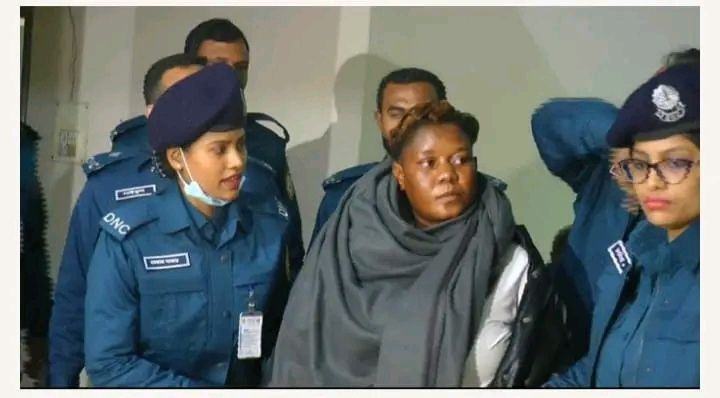
Bangladesh’s geographical location, situated between the drug-producing regions of Southeast Asia and the consuming markets of the Middle East, has made it a lucrative transit point for drug traffickers. Authorities estimate that drug cartels smuggle billions of dollars’ worth of narcotics through the country each year. This influx not only fuels addiction and crime but also poses a severe threat to national security and social stability.
Tackling the Drug Epidemic – A Collaborative Approach
While Bangladesh faces significant challenges in combating drug trafficking, the government, along with various international and regional agencies, has taken proactive measures to curb this epidemic. Authorities have intensified efforts to crack down on smuggling networks, strengthen border security, and enhance interagency coordination.
The DNC, as the lead agency responsible for drug control in Bangladesh, operates a series of intelligence-driven operations that target key drug trafficking routes and hotspots. The recent operation leading to Soko’s arrest is a testament to the effectiveness of these efforts. With a focus on Qatar Airways flights arriving from Africa, authorities successfully identified Soko through her suspiciously heavy luggage, leading to the discovery of the record-breaking cocaine haul.
Strict Penalties for Drug Traffickers
Bangladesh possesses a zero-tolerance policy towards drug trafficking, reflecting its commitment to combatting the illegal drug trade. The maximum penalty for drug-related offenses, including the trafficking of cocaine, is death by firing squad. This decisive approach underscores the severity with which Bangladesh views the drug epidemic and serves as a deterrent against potential perpetrators.
However, critics argue that the death penalty alone is not enough to address the root causes of drug trafficking. Addressing socio-economic inequalities, improving rehabilitation facilities, and strengthening cross-border cooperation are equally crucial components of a comprehensive strategy.
The Impact on Society and the Way Forward
The arrival of cocaine in Bangladesh presents an alarming scenario, as it not only threatens national security but also poses an immense risk to public health and social welfare. The consumption of cocaine has devastating effects on individual users, leading to addiction, financial ruin, and broken families. Bangladesh must prioritize awareness campaigns, support rehabilitation programs, and intensify efforts to disrupt drug supply chains to protect its citizens from this deadly menace.
Conclusion
Bangladesh’s biggest-ever seizure of solid cocaine marks a significant victory in the country’s ongoing battle against drug trafficking. The capture of Nomthandazo Towera Soko and the confiscation of her 8.5-kilogram cocaine haul reflect the collective efforts of law enforcement agencies and their commitment to preserving national security and social harmony. However, to achieve a lasting impact, Bangladesh must continue to invest in preventive measures, strengthen rehabilitation programs, and enhance cooperation with international partners. Only through a comprehensive strategy can the nation effectively confront and overcome the challenges posed by the global drug trade.


